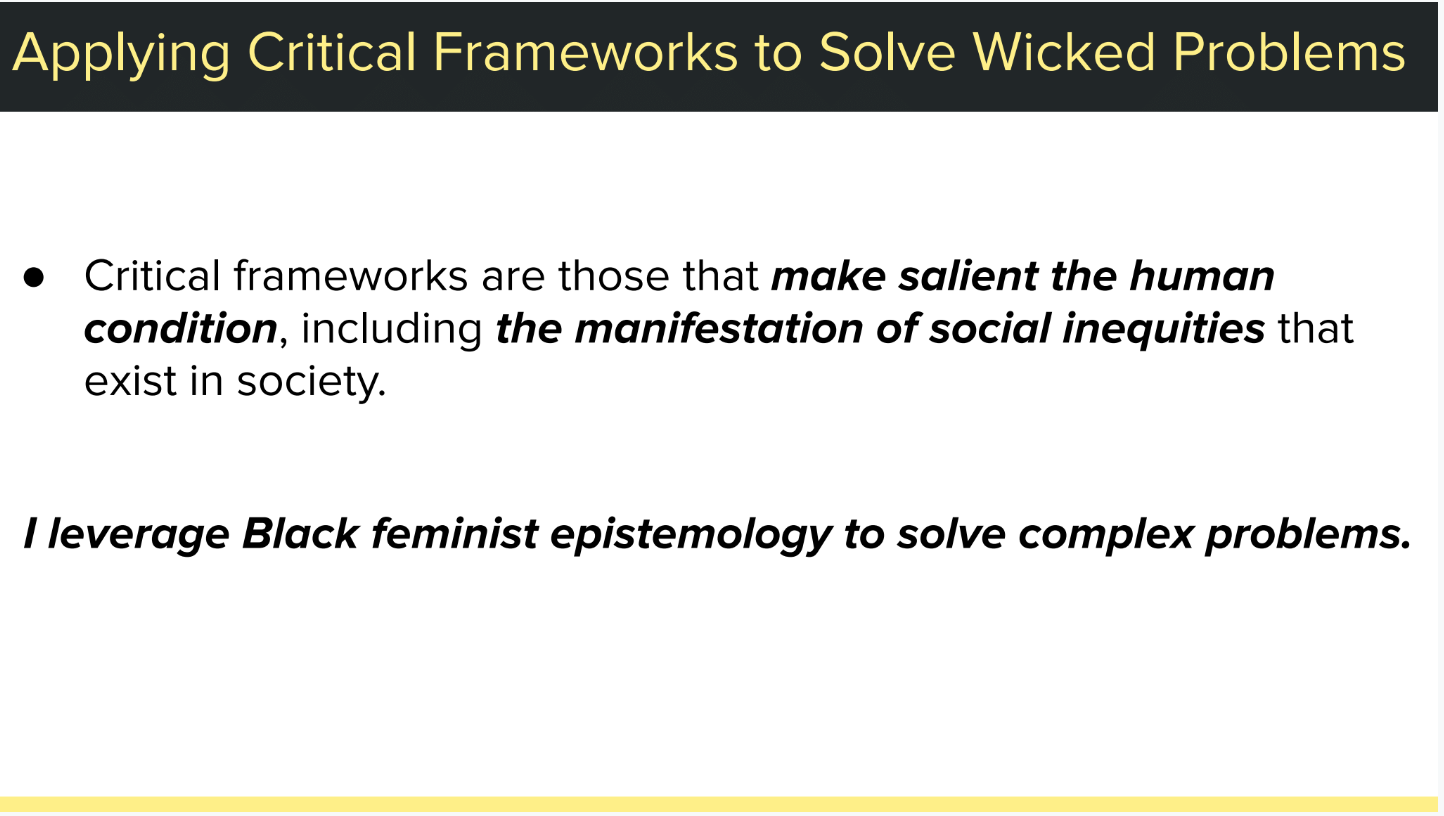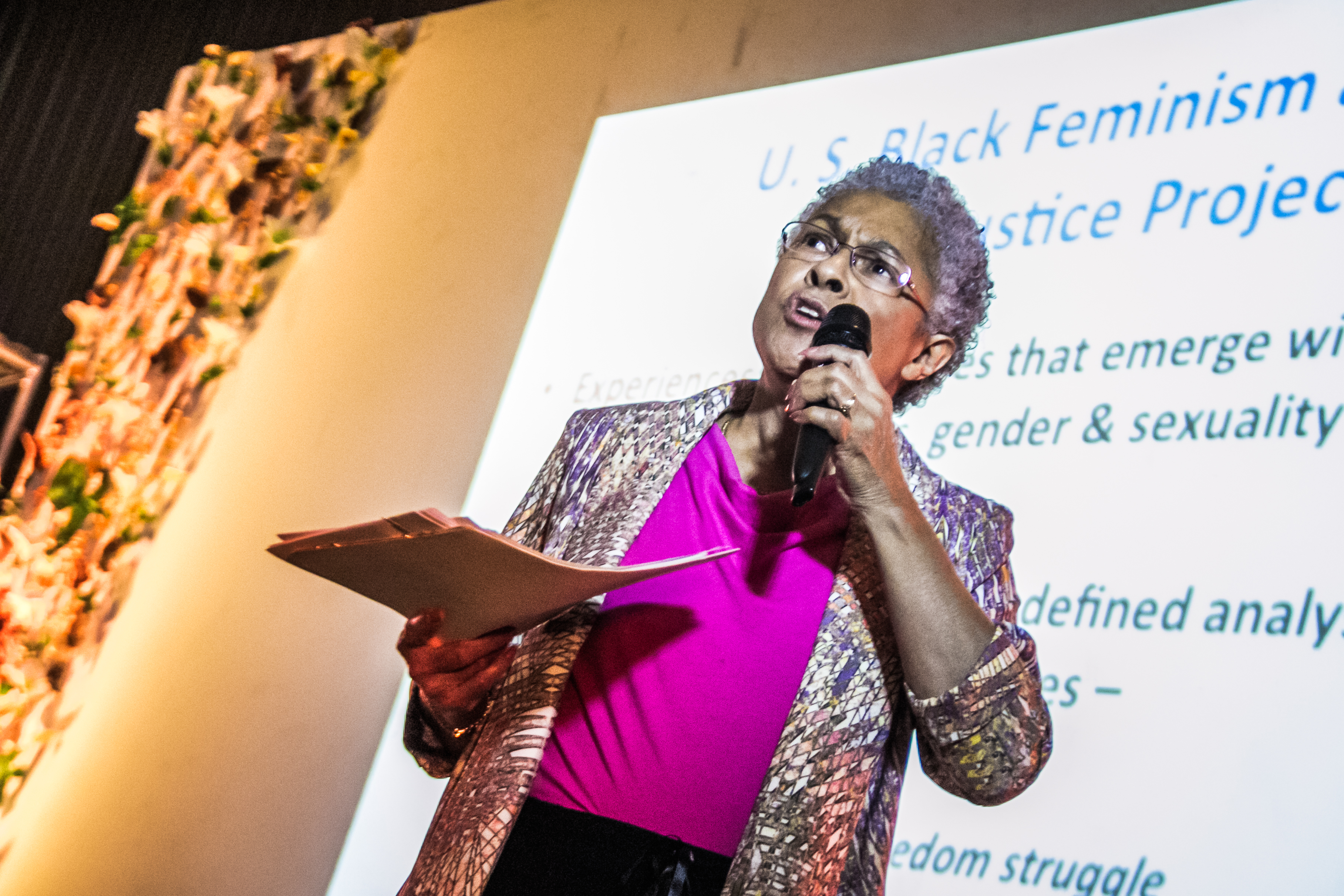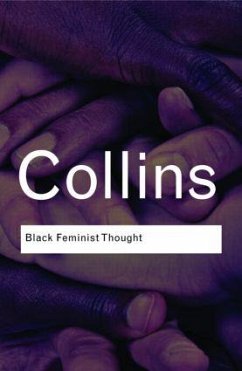
Moreover, feminist social theorists in each wave have critiqued the male biases implicit in social theory itself, helping to construct social theory that draws on rather than excludes the experiences of women. And “third-wave” theorists like Judith Butler and Gayatri Spivak are significant for critiquing the idea of a universal experience of womanhood and drawing attention to the sexually, economically, and racially excluded. “Second-wave” theorists like Betty Friedan and Andrea Dworkin were prominent for their focus on women’s sexuality, reproduction, and the social consequences of living in a patriarchal culture. Anthony were influential for their focus on how women’s lack of legal rights contributed to their social demotion, exclusion, and suffering. “First-wave” theorists like Mary Wollstonecraft and Susan B. Third-wave feminists have critiqued essential or universal notions of womanhood, and focus on issues of racism, homophobia, and Eurocentrism as part of their feminist agenda.įeminist social theory has influenced and been influenced by the agendas and struggles of each of these waves. Third-wave feminism emerged out of a critique of the politics of the second wave, as many feminists felt that earlier generations had over-generalized the experiences of white, middle-class, heterosexual women and ignored (and even suppressed) the viewpoints of women of color, the poor, gay, lesbian, and transgender people, and women from the non-Western world. Finally, what is called third-wave feminism is generally associated with feminist politics and movements that began in the 1980s and continue on to today. While seeing themselves as inheritors of the politics of the first wave which focused primarily on legal obstacles to women’s rights, second-wave feminists began concentrating on less “official” barriers to gender equality, addressing issues like sexuality, reproductive rights, women’s roles and labor in the home, and patriarchal culture.

Second-wave feminism is associated with the women’s liberation movements of the 1960s and 1970s. First-wave feminism was characterized by a focus on officially mandated inequalities between men and women, such as the legal barring of women from voting, property rights, employment, equal rights in marriage, and positions of political power and authority.



The history of feminist politics and theory is often talked of as consisting of three “waves.” First-wave feminism is generally associated with the women’s suffrage movements of the late nineteenth and early twentieth centuries. In fact, since feminist theory emerged from women’s political movements, it’s impossible to tell the history of feminist theory apart from a history of feminism. Though feminist thought was largely ignored in mainstream social theory until the last few decades, feminist social theory has a history as long and storied as feminist movements themselves.


 0 kommentar(er)
0 kommentar(er)
